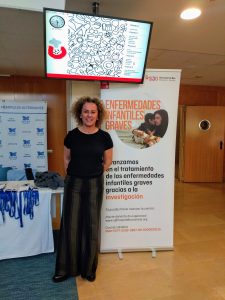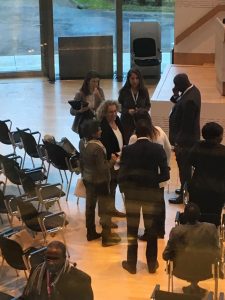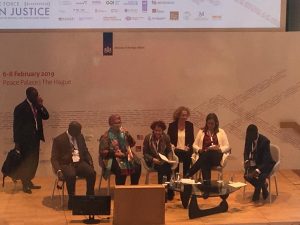Alternating Hemiplegia (HA) is a very rare neurological disorder that affects 1 in a million people. To date, there is no treatment to cure it.
However, in 2012 the ATP1A3 gene was identified as the main cause of HA and currently accounts for 76% of affected cases.
The Spanish Association of Alternating Hemiplegia Syndrome (AESHA) is a non-profit association made up of families with children affected by Alternating Hemiplegia and a scientific committee based at the Hospital Sant Joan de Déu in Barcelona.
Each one of the member families strives to disseminate information about HA and to raise funds to finance international research dedicated to the development of effective treatments and, ultimately, to find a cure.
They also offer support to families and children with HA and participate in international research projects.



